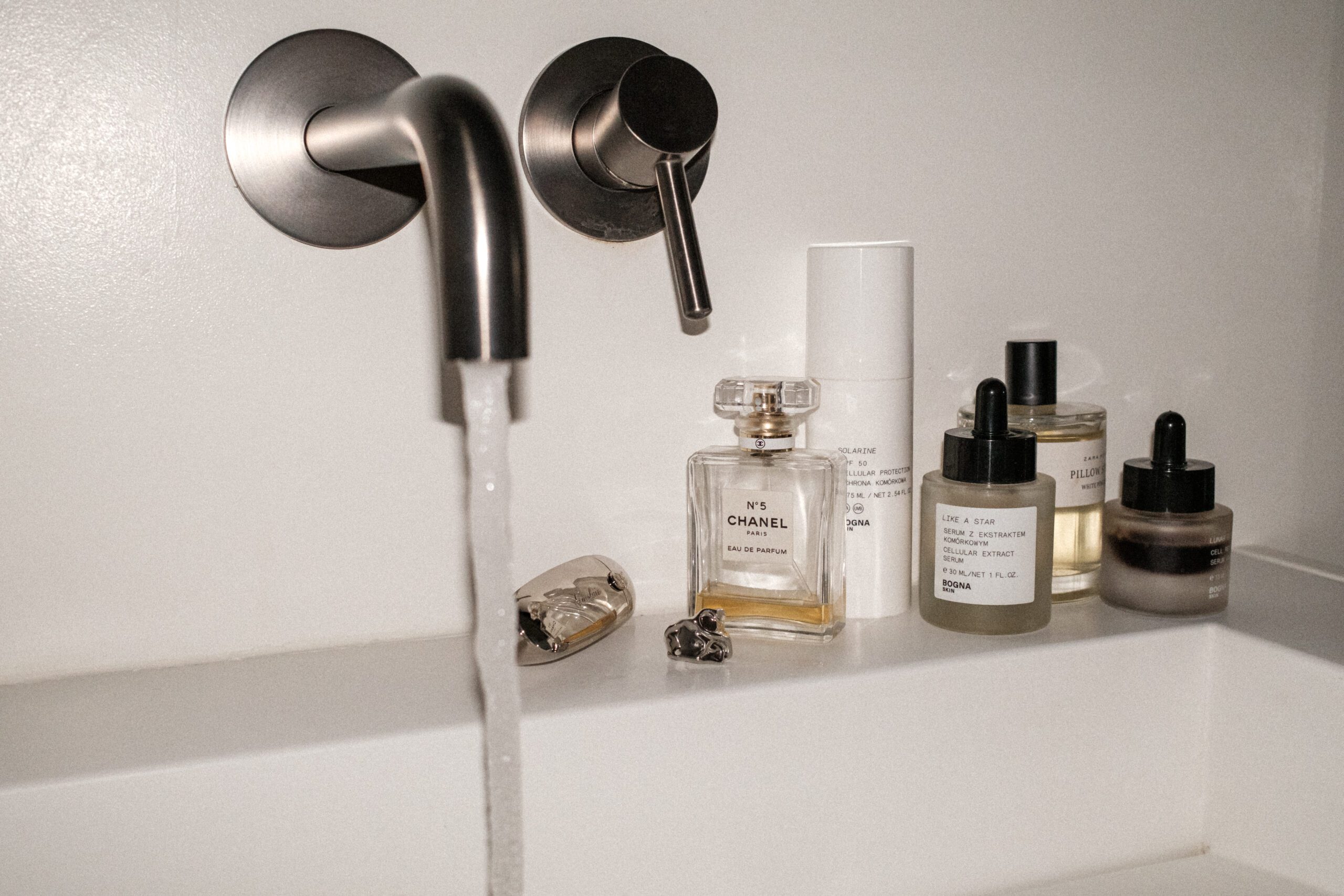Have you ever found yourself struggling to control your anger? Do you wonder if therapy for anger management could actually make a difference in your life and help you quell the frustration? You’re not alone. Anger is a powerful emotion that can disrupt relationships, hinder personal growth, and impact overall well-being. Let’s explore the effectiveness of therapy for anger management and shed light on how it can help you regain control over their emotions.

Table of Contents
Understanding Anger Management
Anger management is the process of learning how to recognize, control, and express anger in healthy ways. It involves acquiring skills to manage triggers, regulate emotions, and communicate effectively. Unmanaged anger can lead to a variety of negative consequences, including damaged relationships, increased stress levels, and even physical health issues. Seeking professional help for anger management is a proactive step towards leading a more fulfilling and balanced life.
Different Approaches To Anger Management
There are various approaches and techniques available to address anger management. Let’s take a closer look at some of the most commonly used methods:
Cognitive-Behavioral Therapy (CBT)
Cognitive-Behavioral Therapy or CBT is a widely recognized and effective therapeutic approach for anger management. It focuses on identifying and modifying negative thought patterns and behaviors that contribute to anger. By working with a therapist, you can gain insight into the anger triggers, develop coping strategies, and practice healthier responses.
Mindfulness-Based Stress Reduction (MBSR)
Mindfulness techniques can be immensely beneficial in managing anger. MBSR emphasizes being fully present in the moment, observing thoughts and emotions without judgment. By cultivating mindfulness, you can increase self-awareness, reduce reactivity, and respond to anger triggers with greater calmness and clarity.
Dialectical Behavior Therapy (DBT)
DBT combines elements of cognitive-behavioral therapy and mindfulness to address intense emotions such as anger. It focuses on enhancing emotional regulation skills, distress tolerance, and interpersonal effectiveness. Through one on one therapy sessions and group skills training, you can develop effective coping mechanisms and build resilience.
Group Therapy
Group therapy provides a supportive environment for anyone struggling with anger management. Sharing experiences, receiving feedback, and learning from others can be incredibly valuable. Group therapy offers opportunities to practice new skills, improve social interactions, and gain support from peers who can relate to the challenges faced.
Individual Counseling
Individual counseling for anger management offers personalized attention and tailored treatment plans. A skilled therapist can assess the underlying causes of anger, provide guidance, and suggest to you the tools needed to manage anger effectively. In some cases, medication may be considered alongside therapy to address any co-occurring mental health conditions.
Effectiveness Of Therapy For Anger Management
Numerous studies have shown that therapy is highly effective in managing anger. Through therapy, you can develop insight into the anger triggers and learn healthy coping mechanisms. Therapists provide a safe and non-judgmental space for you to explore and address anger issues. By working closely with a therapist, you can acquire the skills and strategies needed to respond to anger in a more constructive and balanced manner.
Factors Influencing The Success Of Therapy
While therapy for anger management can be highly effective, certain factors may influence its success. Here are some key considerations:
- Willingness to change and engage in the therapeutic process: Commitment and openness to change are crucial for the success of therapy. Active participation and collaboration with the therapist are vital components of the process.
- Severity and underlying causes of anger issues: The severity of anger problems and the underlying causes can influence the duration and intensity of therapy required. It is essential to address any contributing factors to develop a comprehensive treatment plan.
- Presence of co-occurring mental health conditions: Sometimes, anger issues can be linked to underlying mental health conditions such as depression or anxiety. Treating these co-occurring conditions alongside anger management can enhance overall progress and well-being.
- Support system and social environment: Having a supportive network can significantly contribute to the success of therapy. Surrounding oneself with understanding and empathetic individuals can foster growth and provide a sense of encouragement during the process.

Tips For Maximizing The Benefits Of Therapy
To make the most of anger management therapy, consider the following tips:
- Regular attendance and active participation: Attend therapy sessions consistently and actively engage in the process. This includes being open and honest with your therapist about your goals, challenges, and progress.
- Practice learned techniques and strategies: Apply the coping mechanisms and strategies learned in therapy to real-life situations. Consistent practice is key to developing new habits and effectively managing anger.
- Complementary activities: Engage in activities that promote relaxation and stress reduction, such as exercise, meditation, or deep breathing exercises. These practices can complement therapy and contribute to overall emotional well-being.
- Seek additional support: Support groups or online communities dedicated to anger management can provide a valuable platform for sharing experiences and gaining additional insights. Connecting with others who are going through similar challenges can offer a sense of validation and encouragement.
Conclusion
In conclusion, therapy for anger management can be highly effective in helping individuals regain control over their emotions and lead more fulfilling lives. With various approaches available, such as cognitive-behavioral therapy, mindfulness-based stress reduction, and group therapy, individuals can develop the skills and strategies needed to manage anger in healthier ways. Remember, the success of therapy depends on factors like willingness to change, severity of anger issues, and the presence of any co-occurring conditions. By actively participating in therapy and applying the learned techniques, individuals can experience significant improvements in anger management. Don’t hesitate to seek professional help and take that positive step towards a more balanced and fulfilling life.
For further information and resources on anger management, check out this post Anger Management: Tips and Techniques
Remember, anger management is a journey, and therapy can be a valuable tool to guide you along the way. Take the first step today and invest in your emotional well-being.
Frequently Asked Questions
If you have questions about anger management and therapy, we’ve got you covered. Take a look at these frequently asked questions:
What If I’m Dealing With A Person Who Has Anger Management Issues
Dealing with someone who has anger management issues can be challenging. Here are a few suggestions to navigate such situations:
- Remain calm and composed: It’s important to stay calm and composed when interacting with someone who struggles with anger. Your own calm demeanor can help de-escalate the situation.
- Set boundaries: Establish clear boundaries and communicate them effectively. Let the person know what behaviors are acceptable and what will not be tolerated. Stick to your boundaries consistently.
- Encourage therapy: Suggest therapy to the person with anger management issues. Express your concern and emphasize the benefits of professional help in learning healthier ways to manage anger.
What Else Can I Do Outside Of Therapy To Feel Less Angry
In addition to therapy, there are several things you can do on your own to manage and reduce anger:
- Practice self-care: Engage in activities that help you relax and reduce stress. This can include exercise, meditation, deep breathing exercises, or engaging in hobbies you enjoy.
- Develop healthy coping mechanisms: Find healthy outlets to express your anger, such as journaling, painting, or playing a musical instrument. These activities can provide a constructive release for your emotions.
- Improve communication skills: Enhancing your communication skills can help prevent misunderstandings and conflicts that often lead to anger. Practice active listening and assertive communication techniques to express your needs and emotions effectively.
- Identify and avoid triggers: Pay attention to situations, environments, or people that trigger your anger. Take proactive steps to avoid or minimize exposure to these triggers whenever possible.
What If I Feel Like I Always Have Ongoing Things In My Life That Make It Hard To Really Get A Hold Of My Anger
If you feel like there are ongoing factors that make it challenging to manage your anger effectively, consider the following strategies:
- Stress management techniques: Learn and implement stress management techniques to help you cope with ongoing stressors. This may include deep breathing exercises, mindfulness meditation, or engaging in regular physical exercise.
- Seek support: Reach out to a support network of friends, family, or support groups who can provide understanding and encouragement during difficult times. Sometimes, simply talking about your frustrations and concerns can help alleviate anger.
- Time for self-reflection: Take time to reflect on your anger triggers and patterns. Self-reflection can provide insights into the root causes of your anger and help you develop targeted strategies for managing it.
- Consider professional guidance: If ongoing stressors are making it difficult to manage your anger, seeking professional guidance can be beneficial. A therapist can provide additional support, help you explore underlying issues, and assist you in developing effective coping mechanisms.
Remember, managing anger is a journey, and it takes time and effort. With the right strategies, support, and possibly therapy, you can gain control over your anger and lead a more balanced and fulfilling life.
The Very Best Resource If You A Struggling With Anger Management
As mentioned your mental health is key to optimal health and wellness. And I know all about the challenges of life cause life is hard.
As you know I’m a huge proponent of mental wellness and ensuring we all get the help we need when we need it. And of course, I don’t want you just to get any help I want you to get the right help so I am now sponsored by BetterHelp.
BetterHelp is the world’s largest therapy service, and it’s 100% online.
BetterHelp offers a network of over 25,000 licensed and experienced therapists who can help you with a wide range of issues.
Just click on the link below, answer a few questions and get matched with a therapist from the network.
One of the most amazing features of BetterHelp, if you don’t jive with your therapist you can switch to a new one that’s a better fit for you any time free of charge.
With BetterHelp, you get the same professionalism and quality you expect from in-office therapy, but with a therapist who is custom-picked for you, more scheduling flexibility, and at a more affordable price.

























































































































































































































































































